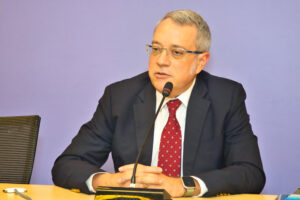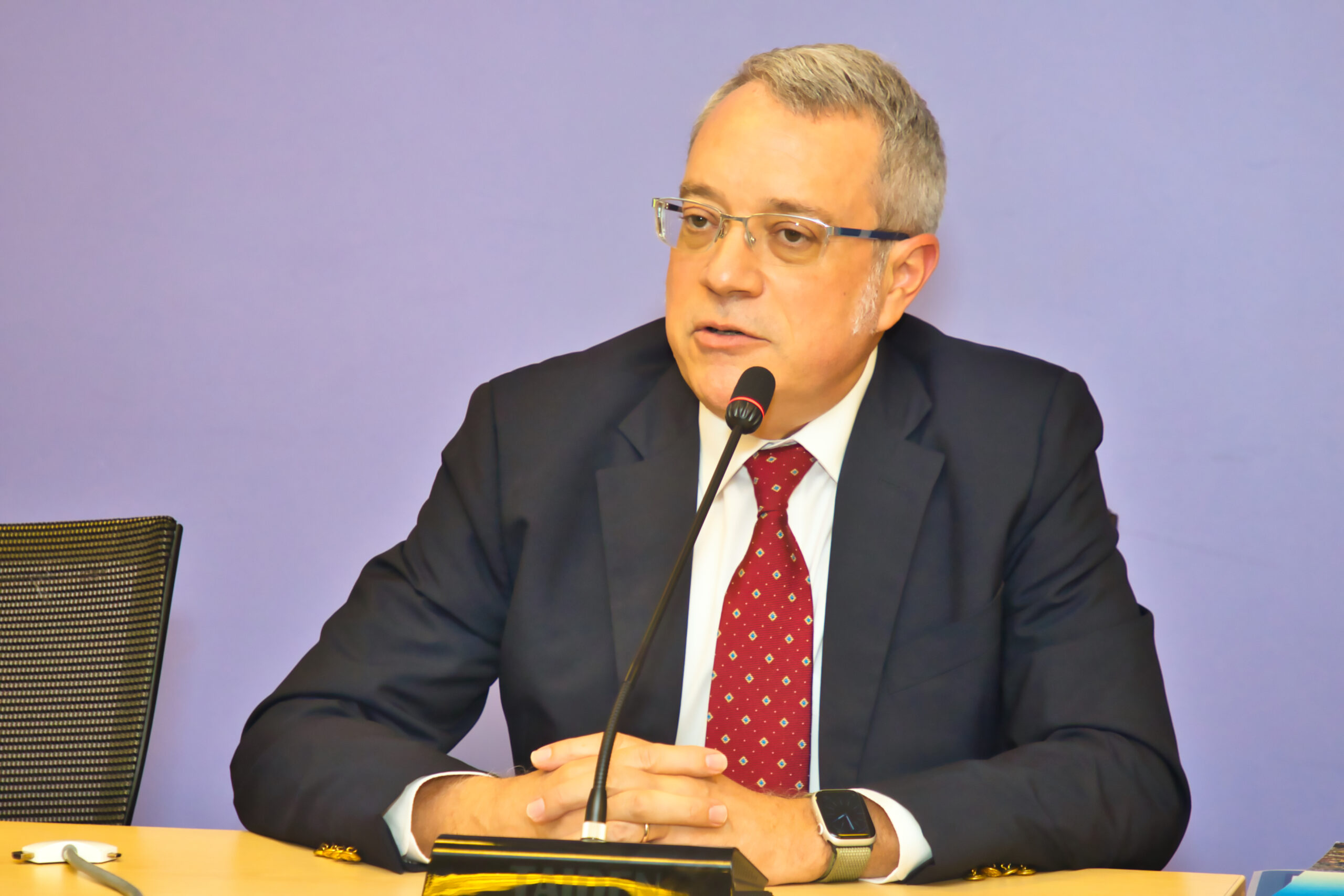
Accra, Ghana//-The latest report released by the World Bank and International Finance Corporation (IFC) has revealed that a deeper and more vibrant capital market can help close Ghana’s key financing gaps.
The report titled-‘Financing Firm Growth: The Role of Capital Markets in Low- and Middle-Income Countries’ acknowledged that “Ghana has large financing needs”.
According to the report, the country’s Micro, Small, and Medium-sized Enterprises (MSMEs), which are businesses crucial for socio-economic development, job creation, and economic growth, are facing a huge financing gap of $11 billion.
This figure represents 18% of Ghana’s gross domestic Product (GDP), which is the total market value of all final goods and services produced within the country’s borders over a year.
The report also added that the West African country’s private sector credit is only 9% of GDP, far below its regional peers such as Senegal [30%], and Côte d’Ivoire [23%].
The report, which uses a novel database of issuances since 1990, further revealed that Ghana’s infrastructure gap is approximately $37 billion annually over the next 10 years.
Despite progress, Ghana trails countries such as China, India, and Vietnam (all low-income countries in 1990 alongside Ghana).
Market access remains narrow: only 36 listed companies on the Ghana Stock Exchange; seven companies with outstanding bonds; and the bond market is dominated by government securities, the report which focused on the 20,000 firms located in 106 low- and middle-income countries said.
Speaking at a seminar on the new report, the World Bank’s Division Director for Ghana, Sierra Leone and Liberia, Robert Taliercio, however said that the Post-Domestic Debt Exchange Programme (DDEP)- macro improvements offer an opportunity to jumpstart capital market development in Ghana.
He added: “Growth recovered and is expected to be near potential over the medium term (4.6% in 2026, 4.8% in 2027). Inflation is down to 8% in October (from 54% in 2022)”.
Short-term rates are down to approximately 11% (from mid-30s), according to him.
“Meanwhile, pension funds and Collective Investment Schemes have accumulated approximately $7 billion in long-term savings that can be channelled through capital markets into productive investment, including under the 24-Hour Economy”, Mr Taliercio stated.
Mr Taliercio was confident that today’s discussion would help define what it takes to seize this moment and place the capital market at the forefront of Ghana’s development.
“Sustained macro stability is essential; the World Bank Group remains committed to supporting the Government of Ghana in this effort.
We will also continue to back capital-market reforms, including legal and regulatory strengthening, de-risking solutions, and capacity building of market operators”.
In a presentation, one of the authors of the report and manager of IFC, Cesaire Assah Meh, said the report tells a story of capital market transformation in low- and middle-income countries.
He noted that since 1990, firms have raised about $4 trillion from bond and equity markets, while cumulative net issuance has quadrupled in middle-income countries and increased eightfold in low-income countries since 2000.
Thousands of younger, smaller, more productive issuers entered the market —often with higher marginal returns to capital, generating more output and jobs per dollar invested, Mr Meh said.
In a panel discussion, Dr James Avedzi, Director General of Securities and Exchange Commission (SEC), Ghana; Mrs Eugena Basheer, Managing Director, Tesha Capital; and Dr Raziel Obeng-Okon, CEO, CIDAN Investments, lauded the researchers of the report for a good job.


